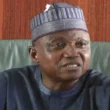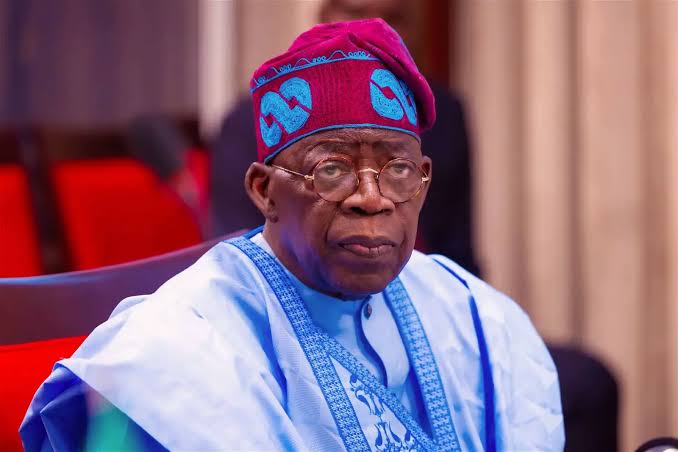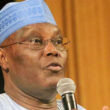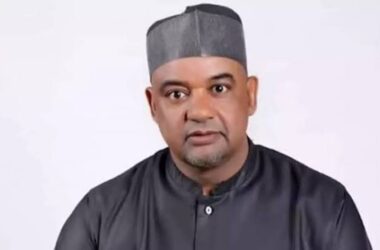President Bola Ahmed Tinubu has fulfilled a major promise by releasing ₦50 billion for the settlement of the Earned Academic Allowances (EAA) owed to Nigerian university lecturers for nearly two decades — a move some see as a historic first, while others believe it is still insufficient to address systemic neglect in the higher education sector.
Prof. Yemi Oke, SAN, of the University of Lagos, in a statement titled “Of President Bola Tinubu, Comrade Staff of Nigerian Universities and Nigerian Students: Promises Made and Kept as P-BAT Succeeds Where Other Leaders Met Restraints”, hailed Tinubu for paying debts he did not create.
“Let Nigerians know that the promise has been kept, most conscionably, by the Nigerian President,” Prof. Oke wrote. “It takes a great, courageous leader to consciously take steps to right some institutional wrongs, not only in the Nigerian economy, politics and academics, but in every aspect of our national life!”
Prof. Oke, who confirmed he received an alert on June 24 for his EAA arrears, acknowledged the payment’s symbolic importance even if the amount was modest.
“President Bola Tinubu did not create all the problems of Nigeria as a country. However, one factor that distinguishes him from other leaders is that President Bola Tinubu is ‘unusually’ determined and ready to face those challenges head-on, and solve them,” he said.
Oke credited the Tinubu administration with restoring hope among “millions of Nigerian students, their parents and university staff” through the twin policies of student loans and EAA payment. However, he called for further reforms:
“It will be a total victory and mind-capturing for Nigerian universities and our teeming staff and students if President Bola Tinubu finishes the good work by immediately approving enhanced, decent packages for Nigerian universities to make lecturers happier just as students and their parents are smiling to banks for student loan bonanzas.”
Oke highlighted that salaries of Nigerian university staff have not been reviewed since 2009, despite the vital role they play in nation-building and in the electoral process, where lecturers serve as returning officers and supervisors.
“No Professor in Nigerian university earns $500 USD in a month! Yet, we continue to sacrifice to train the manpower and future leaders of Nigeria,” he lamented.
However, the Congress of University Academics (CONUA) offered a contrasting perspective in a clarification note seen by this newspaper.
CONUA confirmed the release of ₦50 billion, acknowledging that some universities had begun disbursing the funds, while others had not. Its national president, Niyi Sunmonu, faulted Prof. Oke’s celebratory tone, describing it as “largely patronizing.”
He pointed out that the ₦50 billion was only the fifth tranche of EAA payments, inadequate to settle claims covering more than 14 sessions.
“To us, EAA remains crumbs thrown at academics. What Nigerian academics urgently need is a commensurate increase in remuneration to reflect current economic realities,” Sunmonu said. “No nation can rise beyond the quality of its education, and without motivated academics, the collapse of our university system is only a matter of time.”
CONUA also raised concerns about attempts to disenfranchise its members in the EAA disbursement process in some universities, saying it was closely monitoring the situation.
While Tinubu’s intervention has been widely praised for addressing a longstanding injustice, the conversation around the chronic underfunding of universities and stagnation of academic salaries persists.
As Prof. Oke put it:
“By every standard, President Bola Tinubu has already won the hearts of millions of Nigerian students, their parents, and university staff… all that needs to be done is to complete the job of capturing the minds of these crucial constituencies ahead of the 2027 general elections.”
Observers say the next steps on academic pay and university funding will determine whether Tinubu can build on this momentum or face renewed agitations from a critical sector of the Nigerian workforce










